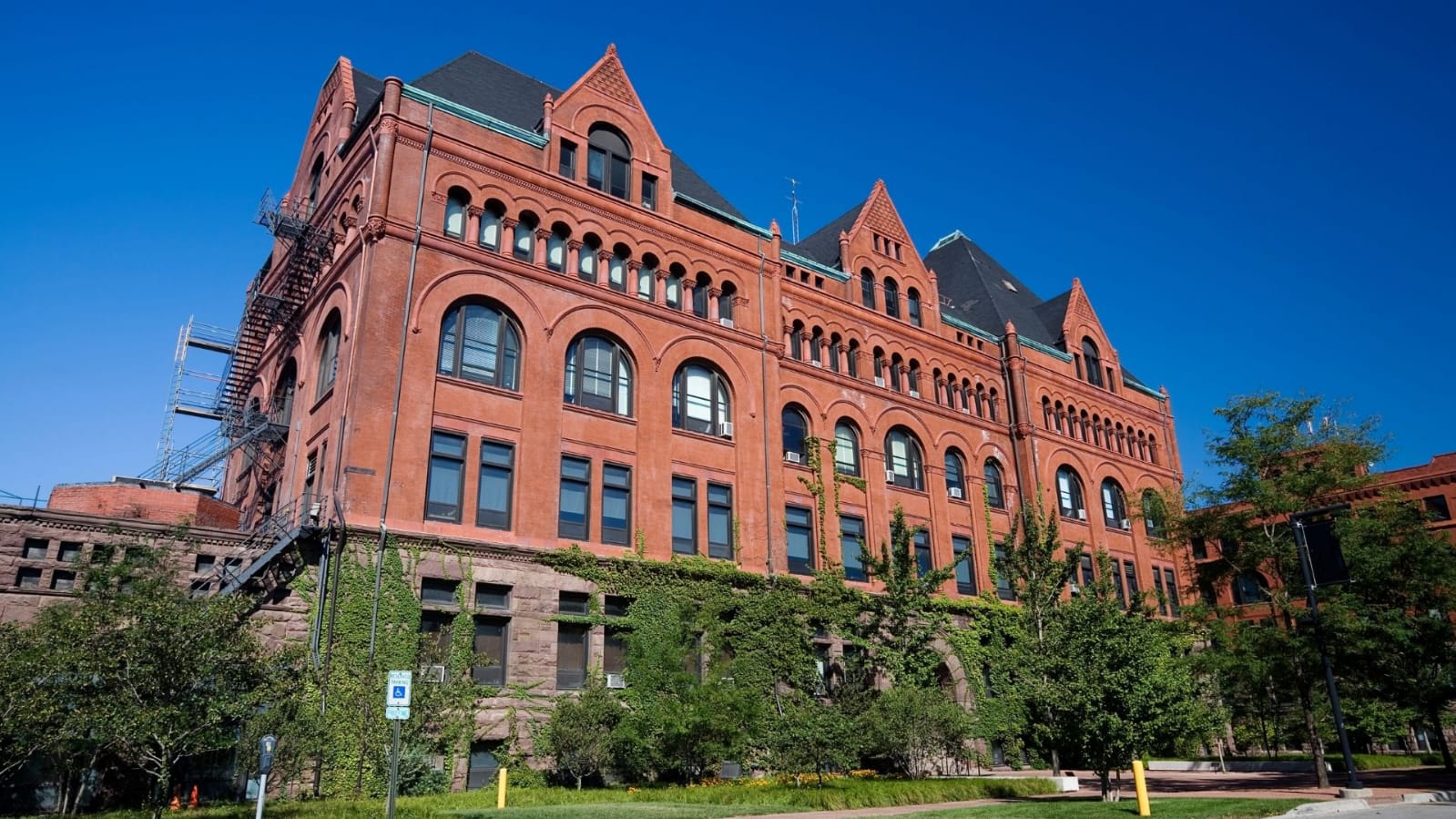The year was 2018. Elon Musk dropped a pearl on social media. He said engineering is the closest thing to magic. Many in India would agree. We’ve seen engineering create rags to riches stories, turn families in debt into millionaires, turn shy students into tech titans. So magic does sum it up. But the key to every bit of magic is secrecy. If the world knows your trick, you’re no more in demand. Has engineering reached that stage? Have our modern degrees reached that state? Tonight we explore this question and there’s a reason why. Most of us agree that IITs are among the top colleges worldwide, the Indian Institutes for Technology. The assumption is you crack the IIT and you’re set for life. A big pay package awaits you. Perhaps not anymore. The news coming out of the IITs is worrying. In the Bombay campus, 36% students are yet to be placed. Some 2,000 students had registered for placement. More than 700 are yet to get a job. We’re talking about the best engineering college in India, also among the best globally. Yet 36% of its students are yet to be placed, and it’s not a one-off. Last year was more of the same. In 2023, around 33% students did not get jobs. We looked at other IITs too. In the Delhi campus, 40% students were not placed in 2023.
In Kanpur, 31% are yet to be placed. What does this tell you? The obvious. That the job market is struggling and the data shows something peculiar. The more educated you are, the tougher it is to find a job. Let me show you some numbers. Graduate unemployment is almost 30%, 3-0. Unemployment among people with higher education is 18%. And now look at unemployment among people who cannot read or write, just 3.4 percent. This is called educated unemployment. And just to be clear, this does not mean that you should drop out of school or that college degrees are useless. It only means that you need to be smart about your education. Just think about it. If an IIT cannot get you placed, what chance do other colleges have? So we need to ask an important question. What is your college degree worth? Let’s look at engineering first. The average cost of a degree is around 8 lakh rupees, which is 9,500 US dollar, the average. And what is the average salary? Between 15,000 and 30,000 rupees per month, let’s say around 200 dollars. And this depends on a lot of variables, like how the national economy is doing, how good your college is, and how efficient you are as an individual. Another popular degree is the MBA. It’s a two-year course that can cost more than 15 lakh rupees. That’s around $18,000. And what do you get for that investment? Around $480 per month. And remember, the MBA is a post-graduate degree. So first you spend on graduation. Then you spend on an MBA. Now let’s compare these two degrees to another job, say that of a flight attendant. The average course fee is between 50,000 and 2 lakh rupees. Let’s choose the upper limit.

So the course costs two lakh rupees. And how much do you make? The average is around 40,000 rupees. Four zero, 40,000. Now, I know these degrees in jobs are very, very different. The lifestyle and skills are also different. And the prospects later on are also different. But the point here is quite simple. From a monetary perspective, a flight attendance course today is more valuable, which brings us back to MBAs and engineers. Are these degrees not worth it? Many companies think so. You see, a degree is like any other commodity. Higher the supply, lower the price. In this case, the price does not mean college fees. It means your salary. Again, let’s look at MBAs. Every year, more than 230,000 MBAs enter the market, 2,30,000 every year. And that number will keep going up. Just consider the CAT, the Common Admission Test. You can enroll at MBA colleges based on your CAT score. Last year, there was a 30% jump in candidates. Now do you see the problem here? More and more MBAs are entering the market, but the demand simply isn’t there. In fact, MBA job openings dropped 55% in January this year. So what should students do? The advice is quite simple. Follow the market. Focus on employability, not on degrees. That seems to be the biggest problem at the moment. companies want people with specific skill sets. In the past, they would hire such people, but now they prefer to build them. Listen to one industry expert, and I’m quoting, a graduate at five to six lakh trained for one year is probably more relevant and effective than an MBA at 12 lakh who still needs to go through unlearning. So broadly speaking, two things must be done. First, identify emerging skills. These are things in high demand, things that will give you an edge in the jobs market. I can give you some examples, like sustainability skills. Every company and country is going green, so huge opportunities will open up. Another example is machine learning.
The World Economic Forum called it the fastest growing job. There’s an AI model coming out every week, so the people making them will be in demand. Same for cyber security. As the world digitizes, we need more cyber guardians. So parents, teachers, and students need to identify such skills. They must work on it from school. That is the first step. The second step is creating institutions to develop these skills, maybe special courses, or even specialized colleges. Look at the UAE, for example. They opened the world’s first artificial intelligence college. Why can’t India have one? You see, this engineering craze also did not drop from the sky. Parents saw the potential in it. Companies and governments needed engineers, hence engineering became India’s thing. But now the market forces have moved on. The demand is for specialized skills, not degrees. So our colleges need to evolve. Luckily, money should not be a problem here. India’s education industry is worth $117 billion. Indians are known to splurge on education. What they need is direction and awareness. Also, do not panic like it’s the end of the world. Do not think that such changes are unprecedented or earth-shattering. Degrees going out of fashion is quite common.



